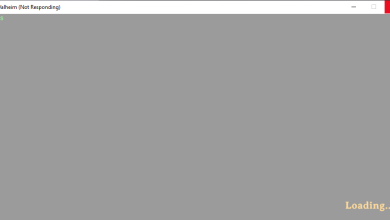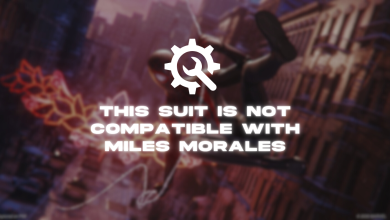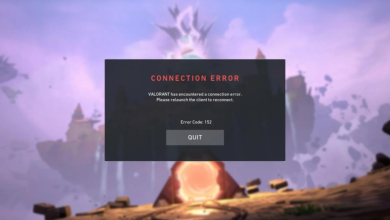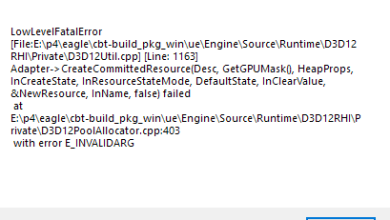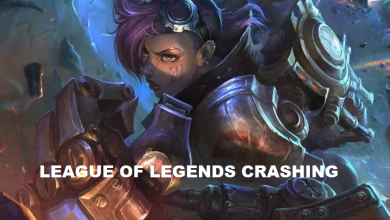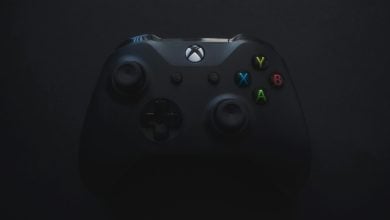How to Prevent Modern Warfare 3 from Crashing on Your PC
Several factors contribute to MW3 crashes, most commonly when the game runs out of system resources. This often occurs when using high graphics settings or running numerous background applications.
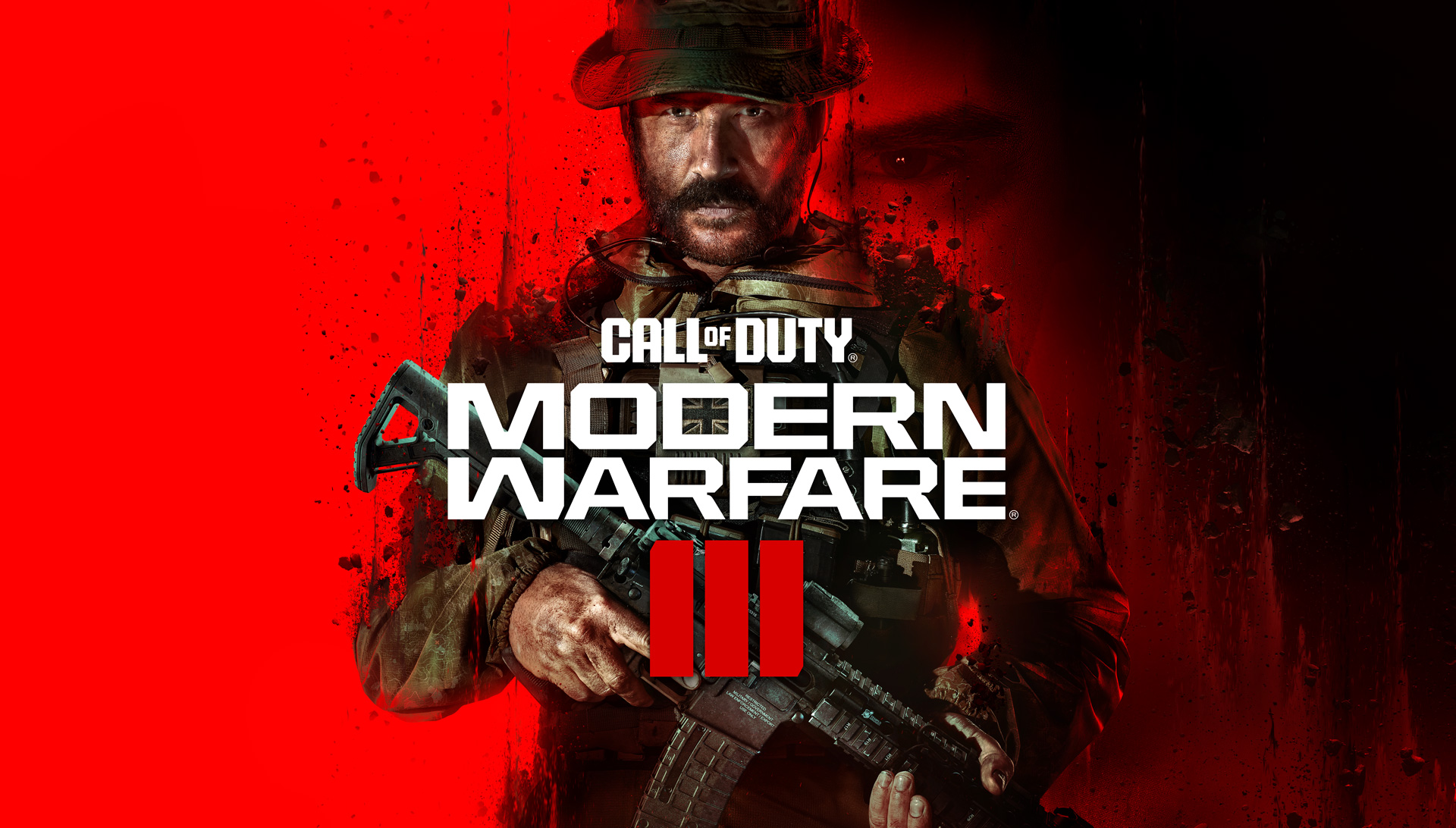
In addition to resource limitations, crashes in Modern Warfare 3 can result from corrupted game files or the simultaneous use of overlay applications with MW3.
Having pinpointed potential causes, let’s explore solutions to MW3 crashes.
1. Rename MW3 Folder
Renaming the MW3 folder can prompt battle.net or Steam to recognize that MW3 is no longer installed, effectively acting as a manual uninstallation without removing the actual game folder.
- Open Windows Explorer with the Win + E key combination.
- Navigate to the directory where MW3 is installed.
- Right-click the Modern Warfare 3 folder and select Rename.
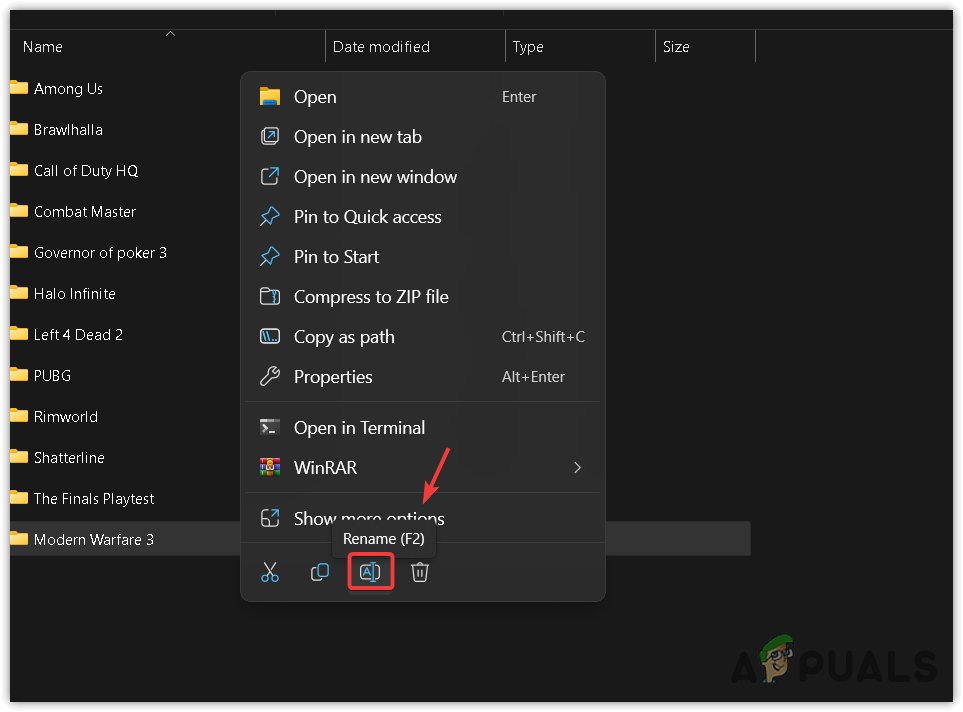
- Append a letter or number to the end of the MW3 folder name and press Enter.
- Restart the game launcher.
- Click on the Install button, choose the renamed MW3 folder.
- After installation, launch the game to see if the crashes have been resolved.
2. Turn off Discord and Steam Overlay
Overlay applications can consume substantial system resources and potentially cause crashes. Disable the Discord and Steam overlays.
- Open Discord and go to Settings.
- In the Activity Settings, select Game Overlay.
- Turn off the Enable in-game overlay option.
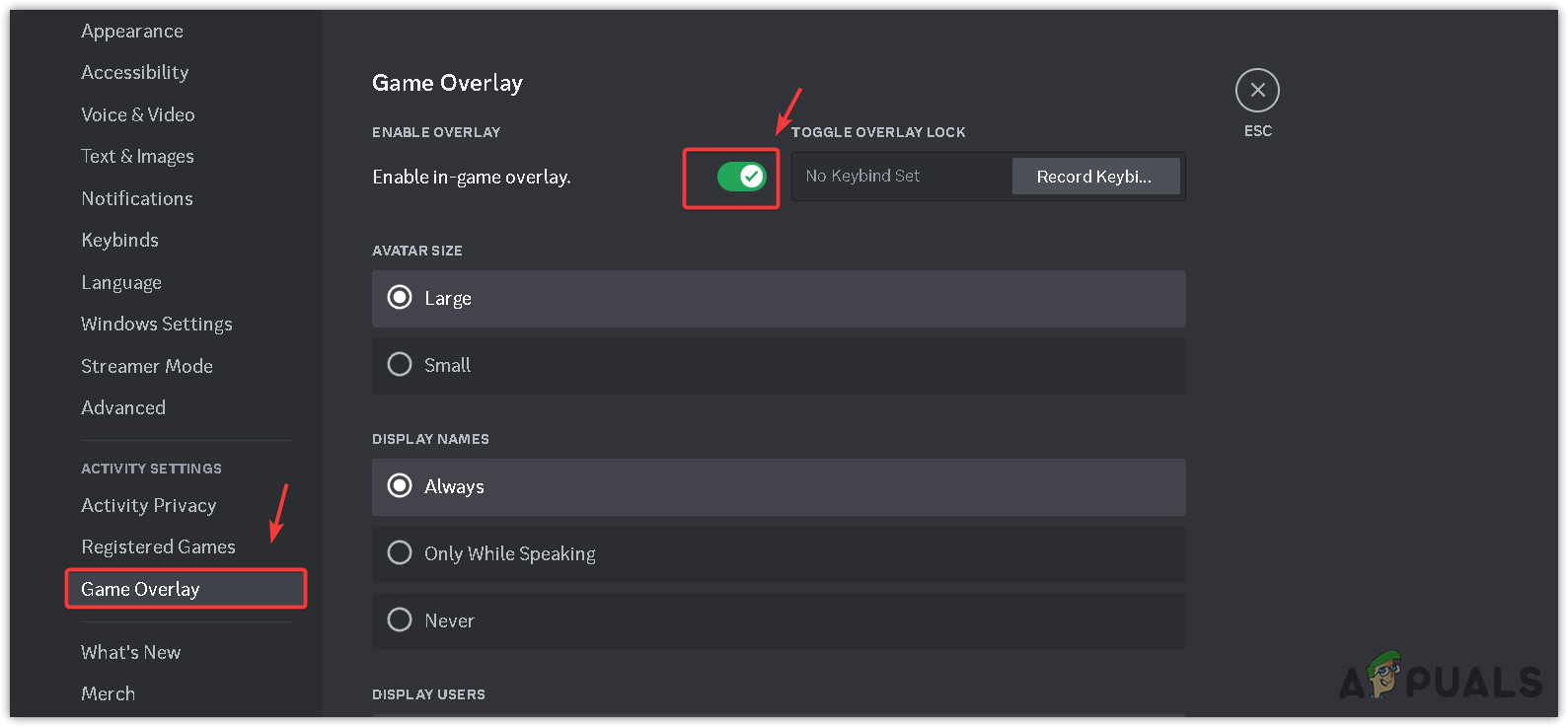
- If using Steam, open it and head to the Library, right-click MW3, and choose Properties.
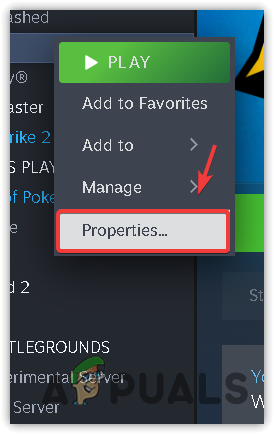
- Deactivate Enable the Steam overlay while in-game.
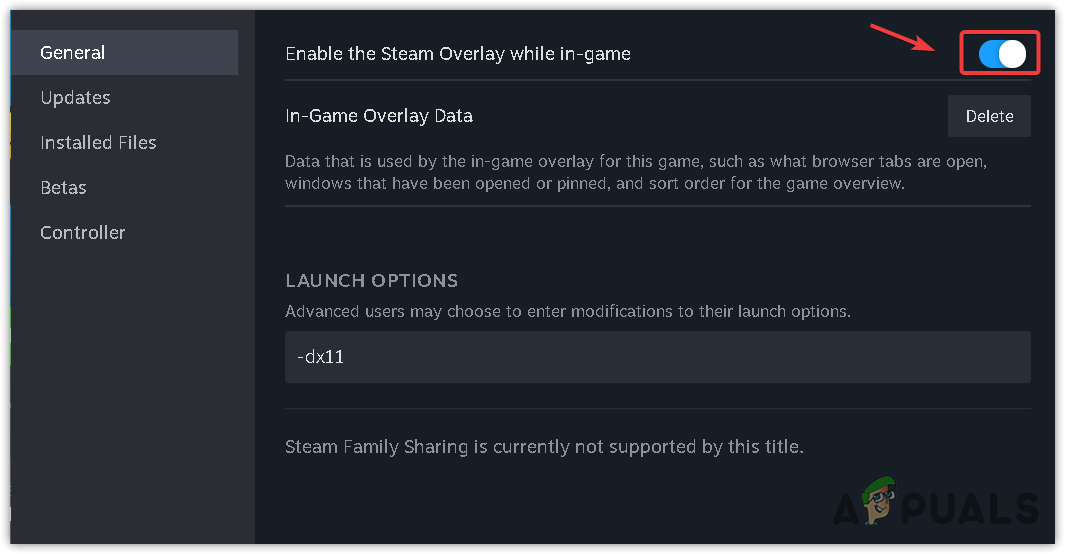
- Try playing the game to check for issues.
3. Verify the Game Files
Corrupt game files can also cause crashes. Verify and repair game files for Steam and Battle.net.
3.1 Steam Launcher
- Log into your Steam account and open the Library.
- Right-click on MW3 and select Properties.

- Navigate to Installed Files and choose Verify the integrity of game files.
- Wait for the process, then launch MW3 to see if issues persist.
3.2 Battle.net
- Access Battle.net and navigate to Games.
- Select MW3, then click the gear icon adjacent to the Play button.
- Choose Scan and Repair, then Begin Scan.
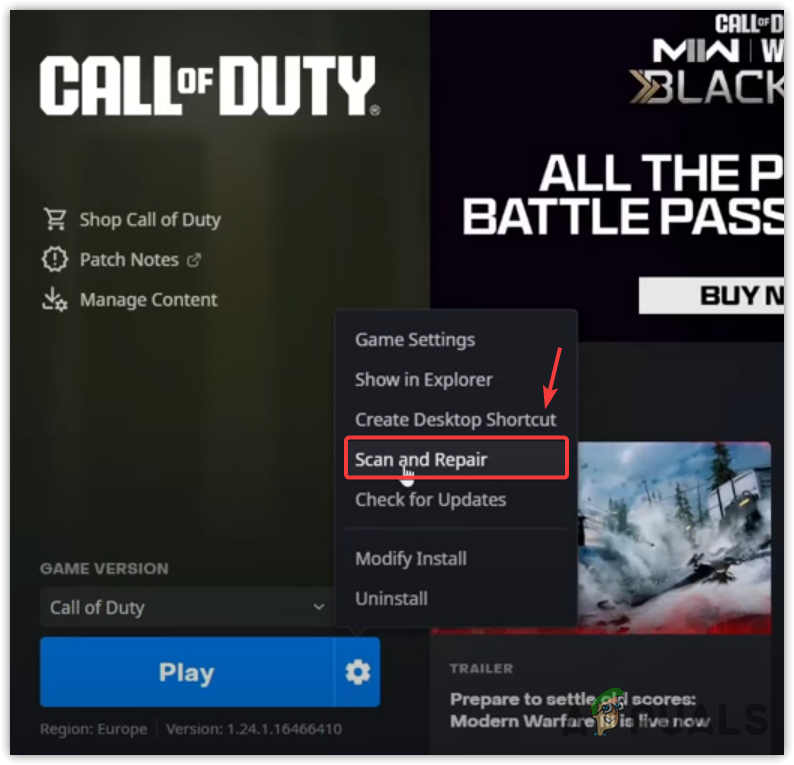
- Post-scan, launch MW3 to check for crashing issues.
4. Change Priority to High
Setting the game’s priority to high in Windows directs the system to allocate maximum resources to MW3, potentially solving the crashing issues.
- Open the Task Manager by right-clicking the taskbar.
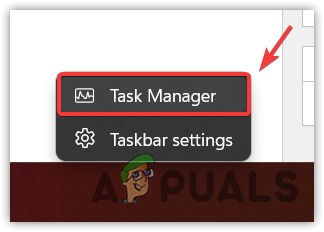
- Select the Details tab, right-click on modernwarfare3.exe, and choose Set Priority.
- Pick High from the available options.
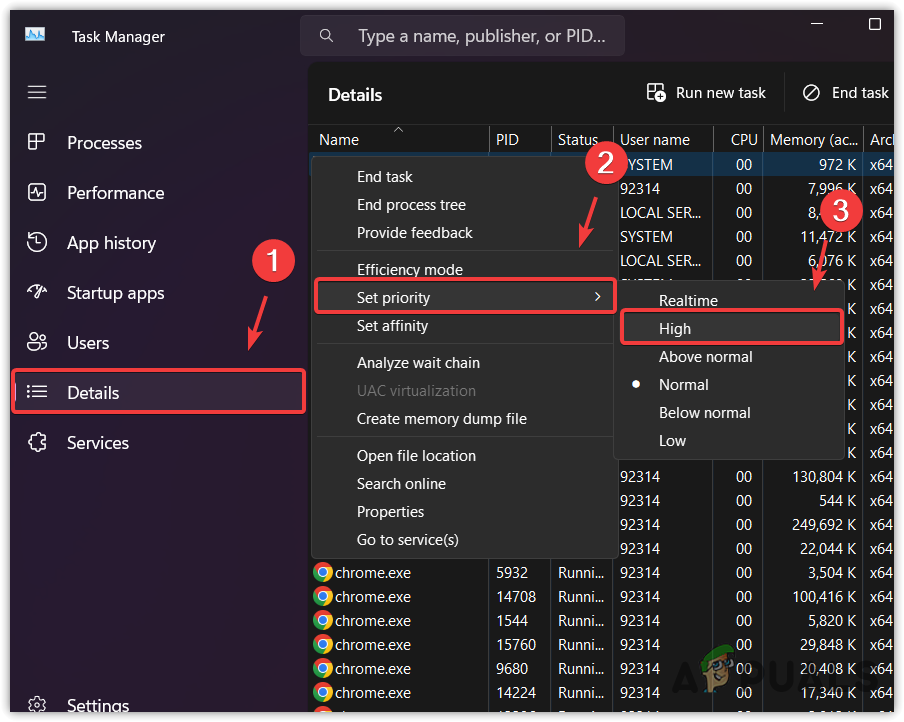
- Test the game for crashing.
5. Reduce the Graphics Settings
Lowering graphics settings can decrease memory usage and prevent crashes.
- Start MW3 and click the Settings icon.
- Go to Graphics settings.
- In the Quality tab, adjust all settings to Low.
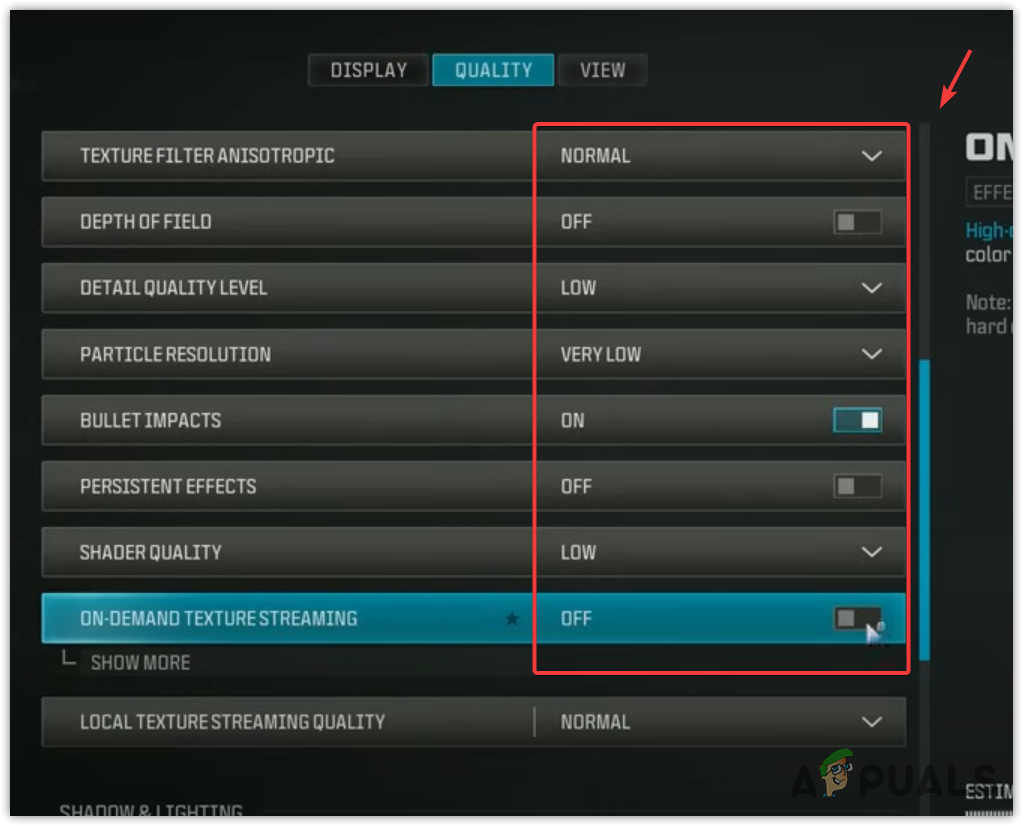
- Launch the game to gauge if crashing has ceased.
6. Close Other Background Processes
Excessive background applications can consume memory and impact performance. Disabling or closing unnecessary applications can improve MW3 operation.
- Access Task Manager by right-clicking the taskbar.

- Select applications that are not needed and choose End Task.
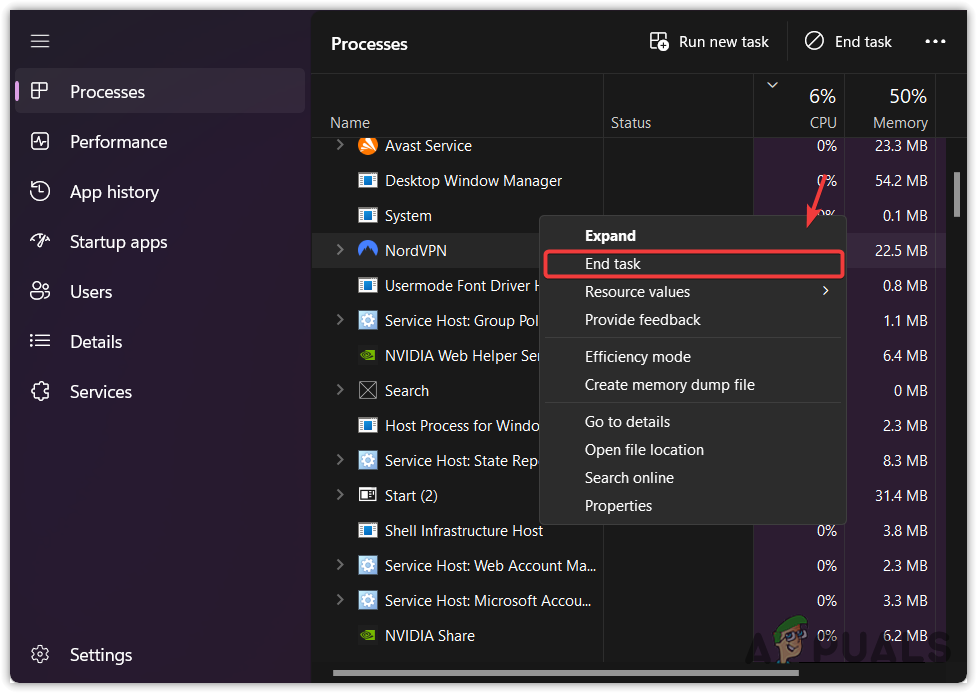
- Additionally, access Startup Apps from the left panel.
- Disable unneeded third-party applications by right-clicking and selecting Disable.
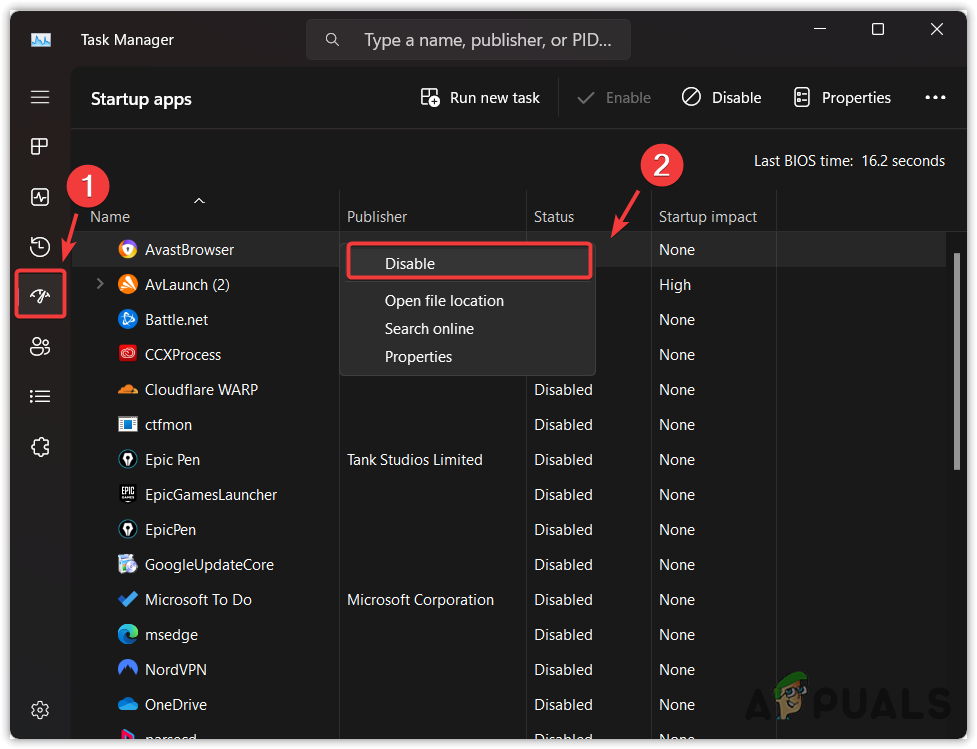
- After adjustments, check if the game’s stability has improved.
If the crashing problems persist, consider reinstalling MW3 onto an SSD (Solid State Drive) or NVMe (Nonvolatile Memory Express), which are faster than traditional HDDs (Hard Disk Drives).
Additional troubleshooting methods, including reinstalling the GPU driver and removal of overclock settings, are detailed in the MW2 crashing guide.
